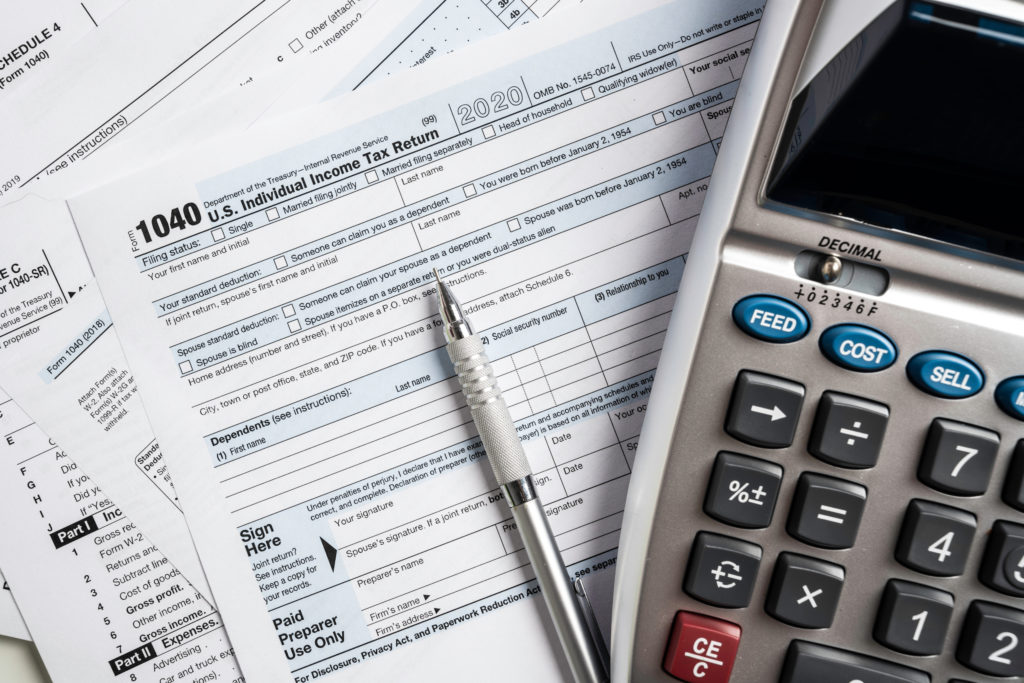Estimated Tax Payments
June 10, 2022
With the 2nd quarter estimated tax payment deadline approaching, let’s talk about everyone’s favorite topic – Taxes!

As you well know, taxes are owed on the income you earn. What you may not know is that there are also rules requiring that tax payments are made as you earn and receive income during the year. It’s a “pay as you go” system. This can be done either through withholdings or estimated tax payments.
Withholding is the most common methodology given that most employees work for an employer or business. At the start of your employment, you fill out some forms that help determine how much taxes you will owe. Using that information, amounts are withheld from every paycheck (both income tax and payroll tax) and remitted to the tax authorities on your behalf. It happens automatically and allows for you to pay in taxes as you earn income. When you file a tax return for the calendar year, your actual taxes are determined and you will either have a balance due or a refund.
Withholdings are also available on other income payments, such as withdrawals from retirement accounts or pension payments. The process is pretty similar in that you specify withholding percentages based on your specific tax status and again, the tax payments are remitted on your behalf to taxing authorities.
However, if have have other taxable income sources for which withholding isn’t an option (such as interest, dividends, alimony, capital gains, or self-employment income), you are still required to pay income taxes as you earn income during the year.
The mechanism put in place by the IRS (and the states with income taxes) is estimated tax payments. A calculation is done at the start of the year (best coordinated with a tax advisor) to determine how much should be paid in – and when. If you are self-employed, these payments will include both income tax, as well as payroll taxes.
The remaining estimated payment due dates tax year 2022 are as follows:
Q2 payments: June 15, 2022
Q3 payments: September 15, 2022
Q4 payments: January 17, 2023
This is something to take seriously. If you don’t pay enough tax (via withholding and/or estimated tax payments), you may be charged a penalty and interest. You also may be charged a penalty if your estimated tax payments are late, even if you are due a refund when you file your tax return.
As with most items related to income taxes, there is some fine print and exceptions to who has to pay estimated taxes. You can consult the IRS guidelines for more information. We also strongly advise coordination with your tax advisor on this – and many other – income tax topics. It is a complicated area and personalized advice will prove very beneficial.
Leave a Reply
You must be logged in to post a comment.
Leave a note